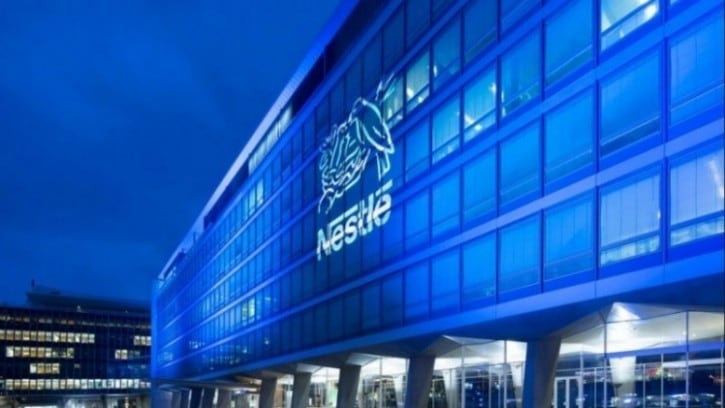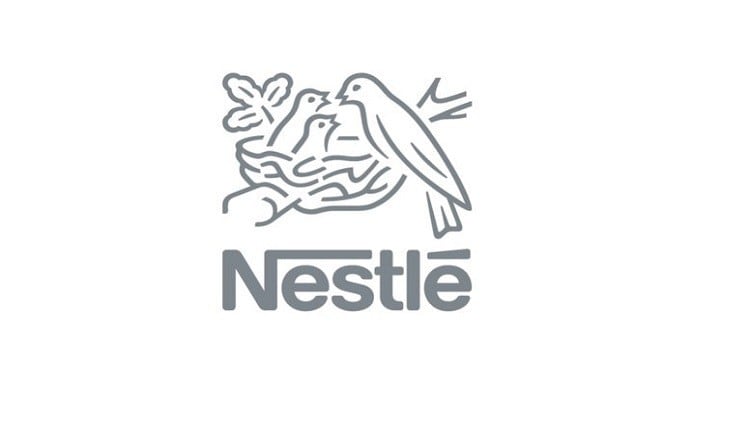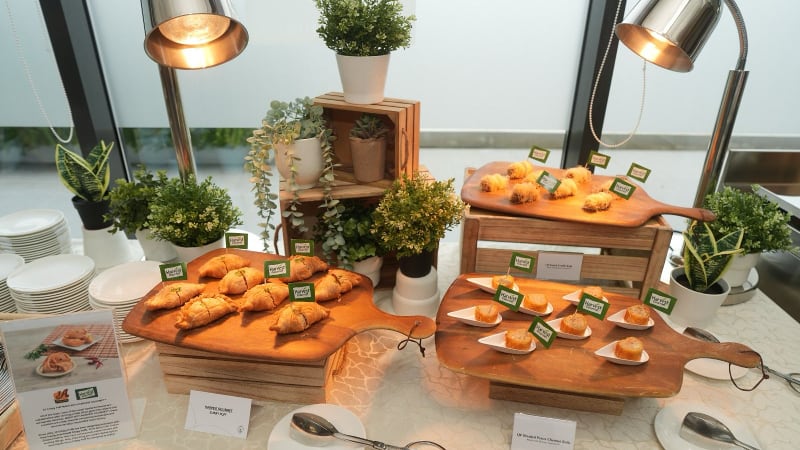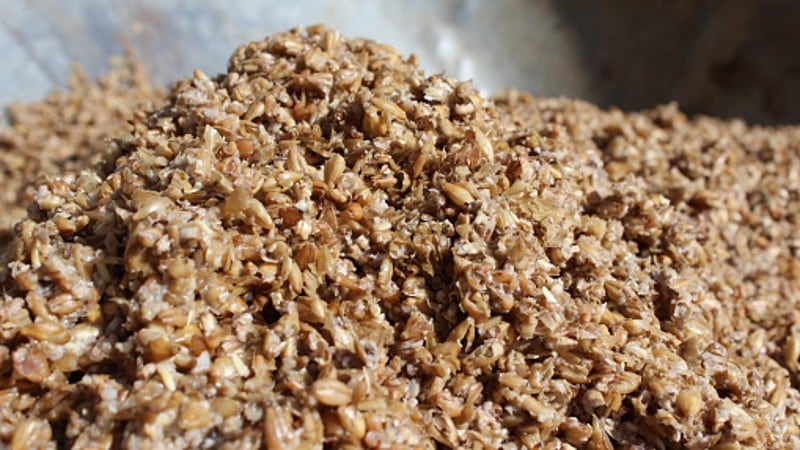Nestle Malaysia recently announced its FY2023 full-year financial results, reporting a 5.8% year-on-year increase in turnover to RM7.05bn (US$) from RM6.66bn (US$) in FY2022; as well as increased Profits After Tax (PAT) to RM659.9mn (US$) with the latter mostly attributed to lower taxes after Malaysia removed the COVID-19-related Prosperity Tax in 2023.
According to the firm’s announcement on the Bursa Malaysia share market index, this was a 6.37% year-on-year increase in PAT from RM620.3mn (US$) the year before.
That said, Nestle Malaysia CEO Juan Aranols described current consumer sentiment in Malaysia to be ‘subdued’ given ongoing economic challenges as well as the country’s poor exchange rate.
“Looking forward in 2024, challenges such as currency and commodity price fluctuations may persist, as well as the more subdued consumer sentiment and the impact on the purchasing power following the cumulated inflation of the last couple of years,” Aranols said when announcing the financial results.
“We continued to harness all opportunities to drive demand in a more subdued environment where Malaysians paid increased attention to their spending, and competitive activity remained very intense.
“[As such, we have seen] our core brands continue to drive growth, whilst our new innovative products are tapping on emerging growth trends to create growth platforms for the future.
“[These cover multiple categories] and tap on core brands, for example in Confectionery and Ice Cream we had the new KITKAT Pink and KITKAT Salted Caramel Cookies; in Culinary solutions we had various MAGGI products, and in plant-based meals and drinks we continue to drive the development of Plant Based Meals and Drinks under our HARVEST GOURMET and GOODNES brands.”
In addition to boosting product innovation under existing core, well-known brands, the firm also hopes to capitalise on the advantages it has as a domestic Malaysian product manufacturer to further increase appeal amidst local consumers; as well as its position in managing one of the MNC’s largest production facilities in the Asia Pacific region.
“100% of our products are Halal-certified and we take great pride in over 90% of the products we sell being proudly ‘Buatan Malaysia’ (Made in Malaysia), by Malaysians and for Malaysians,” he added.
“Our products are also exported to many parts of the world, as we are the largest Halal manufacturing hub in the Nestlé world.
“[Additionally, Nestle’s investment plans for Malaysia] are progressing and will set the foundation for further growth in the years to come – we will continue to upgrade and invest in our industrial footprint in 2024, in line with our ongoing RM1bn (US$210mn) capital expenditure plan for the 2023 – 2025 period.”
Recycling and trees still main ESG focus
Nestle Malaysia has continued to prioritise the planting of trees as well as community recycling programmes as the cornerstones of its EDG initiatives.
“Alongside our financial performance, we have continued to drive in 2023 very substantive ESG efforts [such as completing] an important milestone for Project RELeaf, successfully planting 1.5 million trees, on track to our target of reaching three million trees by 2025,” Aranols added.
“This will bring our total to four million trees including those planted under our previous initiative, Project RiLeaf, which concluded in 2020.
“We also further expanded our community recycling programmes together with our partners and local municipalities - In 2023, we successfully collected close to 12,000 tonnes of post-consumer packaging waste, with nearly 6,750 tonnes being plastic materials.”
“In addition, to empower local farming communities with sustainable agricultural practices while supporting the nation’s food security, we extended our Farmer Connect Programme for the first time to East Malaysia, partnering with the Malaysian Cocoa Board to shape a responsible cocoa supply chain.”





